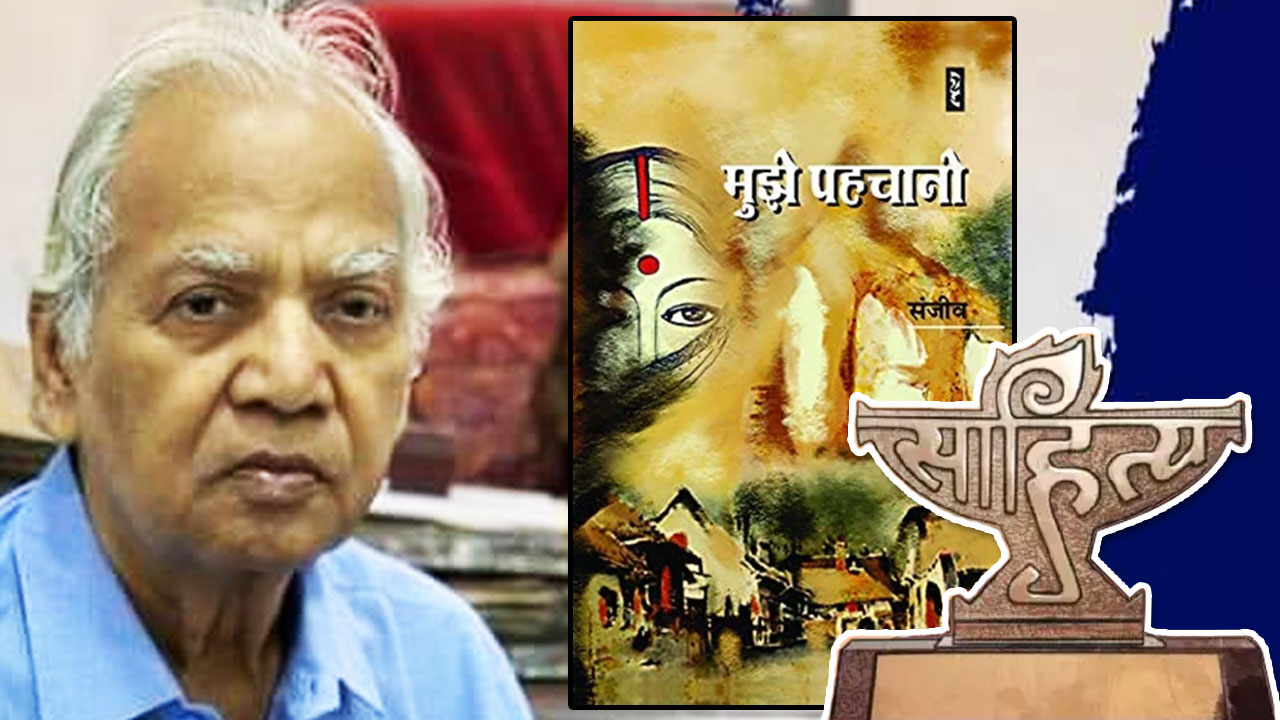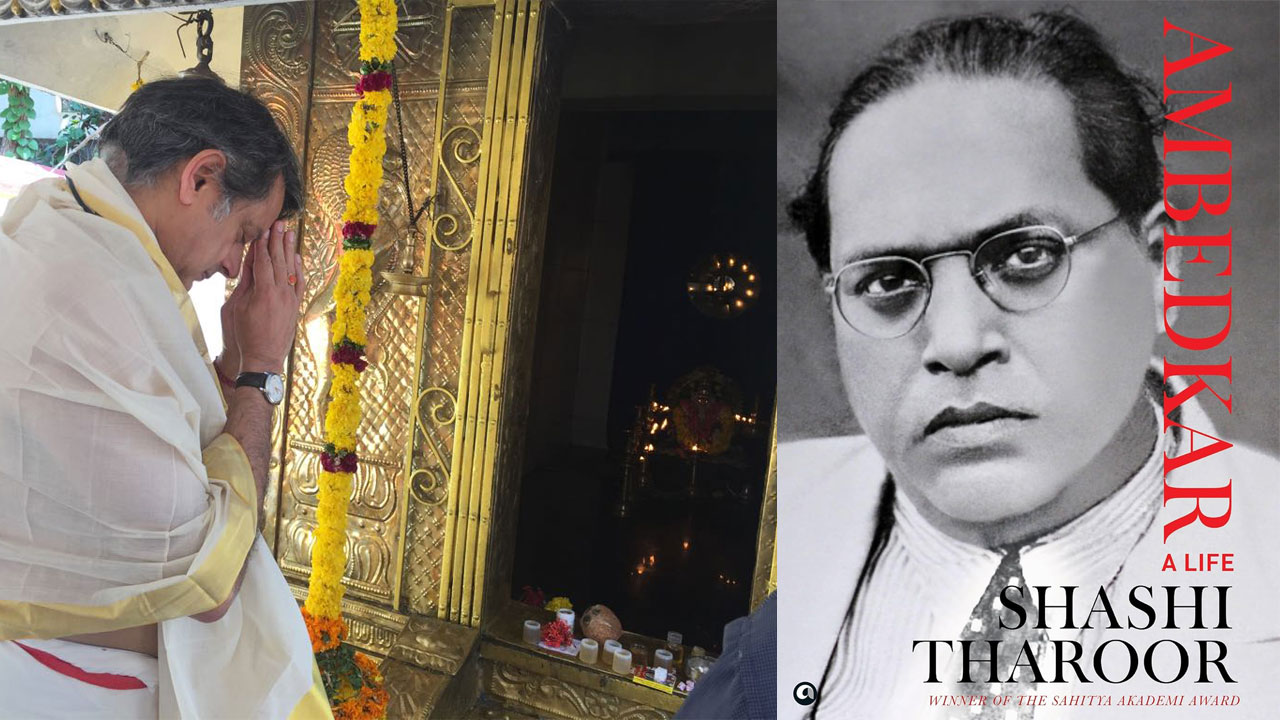While almost all people are alive to their environment, writers and artists are more sensitive than others and can hardly remain divorced from the developments around them. Their environment is the primary source of their sensitivities. In other words, they become inclined to create after drawing meaning from the material world. Dr Rahi Masoom Raza (1 September 1927 – 15 March 1992) – a leading post-Independence Hindi novelist – was no exception. His writings mirror his environment, with all its diversities, peculiarities and monstrosities. Whether it is the pre-Independence or post-Independence era, these are present in vivid detail in Rahi’s novels. His sharp and penetrating vision does not miss the political events and the catalysts of landmark sociopolitical developments of his times. Partition, rise of communalism as a political force in post-Independence India, the disenchantment that set in among the people, Emergency and the religion-power nexus – all find a prominent place in his works. A closer look would reveal that another issue that is omnipresent in his novels is caste.
Related Articles
Seminal role of Dalit-OBCs in development of language and literature
Scripts were invented by painters and sculptors, and not scholars. Not only in India but in civilizations the world over, paintings and sculptures predated...
‘Sahitya Akademi has brought itself honour by honouring Sanjeev’
In his more than a dozen novels, Sanjeev has depicted the reality of the post-Independence Indian society. The issues and topics that he has...
In his ‘Ambedkar: A Life’, Shashi Tharoor betrays his privileged-caste naivete
After coming out with ‘Why I Am A Hindu’, Tharoor has predictably set out to look for Ambedkar’s ‘flaws’ in his biography of Ambedkar,...
Phanishwar Nath Renu – who gave centrality to the toilers of ‘the provinces’
Renu took the genre of reportage to new heights in Hindi literature. No one has been able to match him to date. In his...
For Ambedkar, Mahad Satyagraha was the end of a road and the beginning of a new one
The burning of the Manusmriti on 25 December 1927 during the Mahad Satyagraha marked the end of Ambedkar’s attempts to reform Hinduism, writes Siddharth





